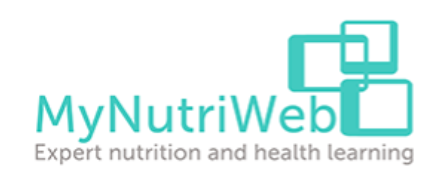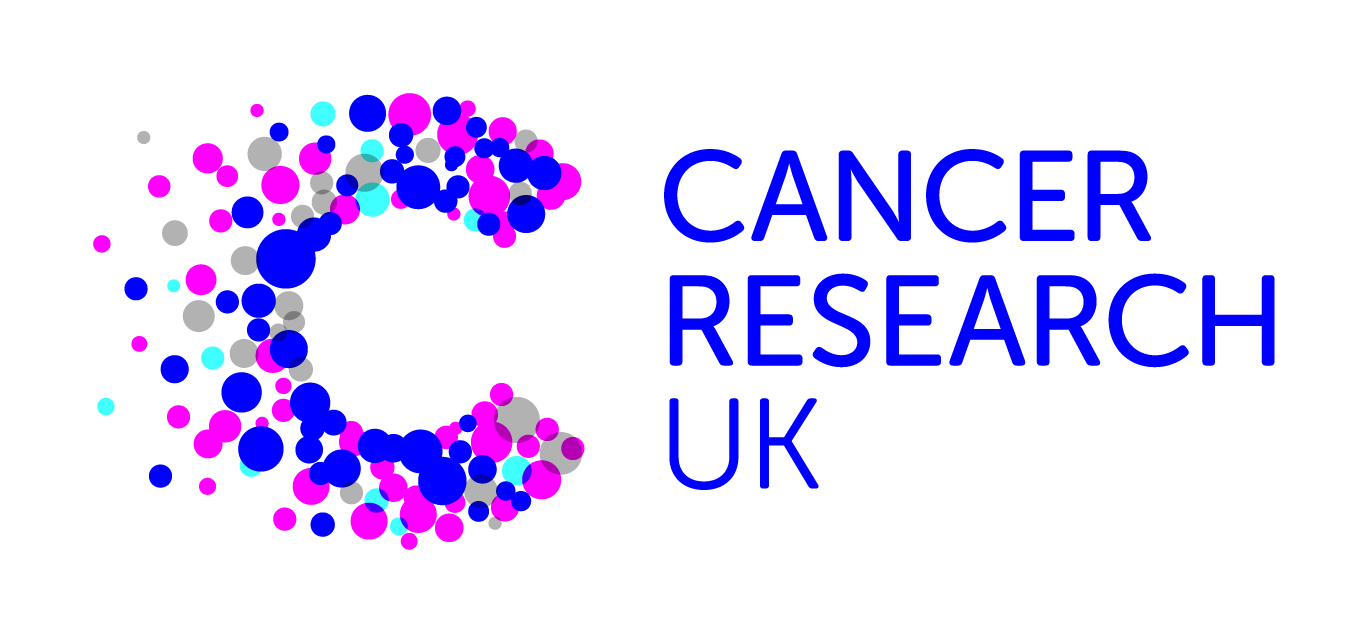
Upcoming Events
16 Nov 21 |
Monday 29 November 2021
For the first time in two years, the Scottish Cancer Conference is back, taking place on Monday 29th November 2021.
This will be a unique gathering of organisations involved with cancer; from patients to pharmaceutical companies and from clinicians to charities, presenting an unrivalled opportunity to share, learn, network and understand the latest development in our combined efforts to beat cancer.
Last year’s conference was cancelled due to the impact of the pandemic. As COVID-19 has not gone away, this year’s conference will feel quite different to previous versions. It will be hosted virtually, rather than in person, with a simpler agenda. However, this means that we are pleased to announce that tickets will be free of charge for this year. We hope this will expand access to the conference, allowing for rich discussion. So much has happened since we last gathered in 2019, including the Scottish Parliament elections, that we expect there will be plenty to discuss.
Booking to attend is now open and you can now sign up through Eventbrite –
https://www.eventbrite.co.uk/e/scottish-cancer-conference-2021-improving-outcomes-beyond-the-pandemic-tickets-189800276737
Ahead of the conference, details of how to dial in and participate will be sent to registered attendees.
Please follow @ScotCancerConf on Twitter for all updates and information on the 2021 conference.
17th November 2021
8 – 9 pm
Alcohol is harming our health and MyNutriWeb, World Cancer Research Fund (WCRF) and the Alcohol Health Alliance have come together to explore the evidence and action for change.
ALCOHOL AND HEALTH: THE FACTS
- 70 people die every day from alcohol-related causes in the UK
- Alcohol harm costs NHS England £3.5 billion annually
- Alcohol is now the third biggest risk factor to health behind tobacco and high blood pressure
- There is strong evidence that drinking alcohol increases the risk of breast, bowel, liver, mouth, throat, oesophagus and stomach cancer
This webinar will explore the evidence behind WCRF’s recommendation to avoid alcohol. The webinar will also discuss the rising levels of alcohol-related harm in the UK, the evidence-based solutions and the latest campaigns for change – where reducing the affordability, promotion and availability of alcohol are proven to reduce its harm.

(on demand webinar catch up) by Adele Hug RD / WCRF
After cancer, some people may feel anxious about food and eating – especially if they’ve had to follow special diets during treatment.
In addition, specific cancer treatments can increase the risk of cardiovascular disease, so some people may benefit from adopting ‘heart healthy’ diets following cancer treatment. There is emerging research that following a healthy diet may reduce the risk of cancer recurrence.
• The benefits of a healthy diet after cancer
• How to return to a ‘normal’ diet after cancer
• How a healthy diet can reduce the risk of other diseases after cancer
All our upcoming events can be found on our website.
